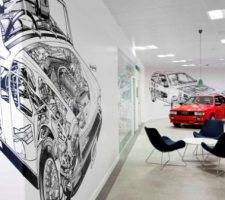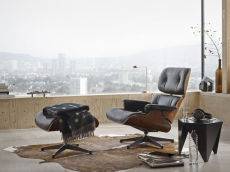November 19, 2014
Group of UK’s major employers urges widespread uptake of flexible working
 Some of the UK’s largest companies are jointly spearheading the call for the greater uptake of flexible working. On Monday, the 22 companies that make up the Agile Future Forum highlighted the role that factors such as new technology, changing demographics and globalisation are having on the business case for the adoption of agile working practices. Firms such as John Lewis, ITV, Ford, Tesco, Lloyds, BT and B&Q are championing the cause of agile working as a way of running a business that is competitive, productive, attractive to employees and able to compete on the world stage. The AFF, set up by former Lloyds chairman Sir Win Bischoff, used the event to publish its latest research to highlight the ways in which it believes the UK is one of the best-placed countries to foster flexible working in spite of a range of recalcitrant and restrictive working practices. The event cited a recent CBI survey which found that while 97 per cent of UK businesses agree that agility is key to growth, many still offer a limited range of flexible working practices.
Some of the UK’s largest companies are jointly spearheading the call for the greater uptake of flexible working. On Monday, the 22 companies that make up the Agile Future Forum highlighted the role that factors such as new technology, changing demographics and globalisation are having on the business case for the adoption of agile working practices. Firms such as John Lewis, ITV, Ford, Tesco, Lloyds, BT and B&Q are championing the cause of agile working as a way of running a business that is competitive, productive, attractive to employees and able to compete on the world stage. The AFF, set up by former Lloyds chairman Sir Win Bischoff, used the event to publish its latest research to highlight the ways in which it believes the UK is one of the best-placed countries to foster flexible working in spite of a range of recalcitrant and restrictive working practices. The event cited a recent CBI survey which found that while 97 per cent of UK businesses agree that agility is key to growth, many still offer a limited range of flexible working practices.

























November 18, 2014
The leap in workplace ill health is down to mobile devices and flexible working
by Lee Jones • Comment, Flexible working, Legal news, Technology, Workplace design
(more…)